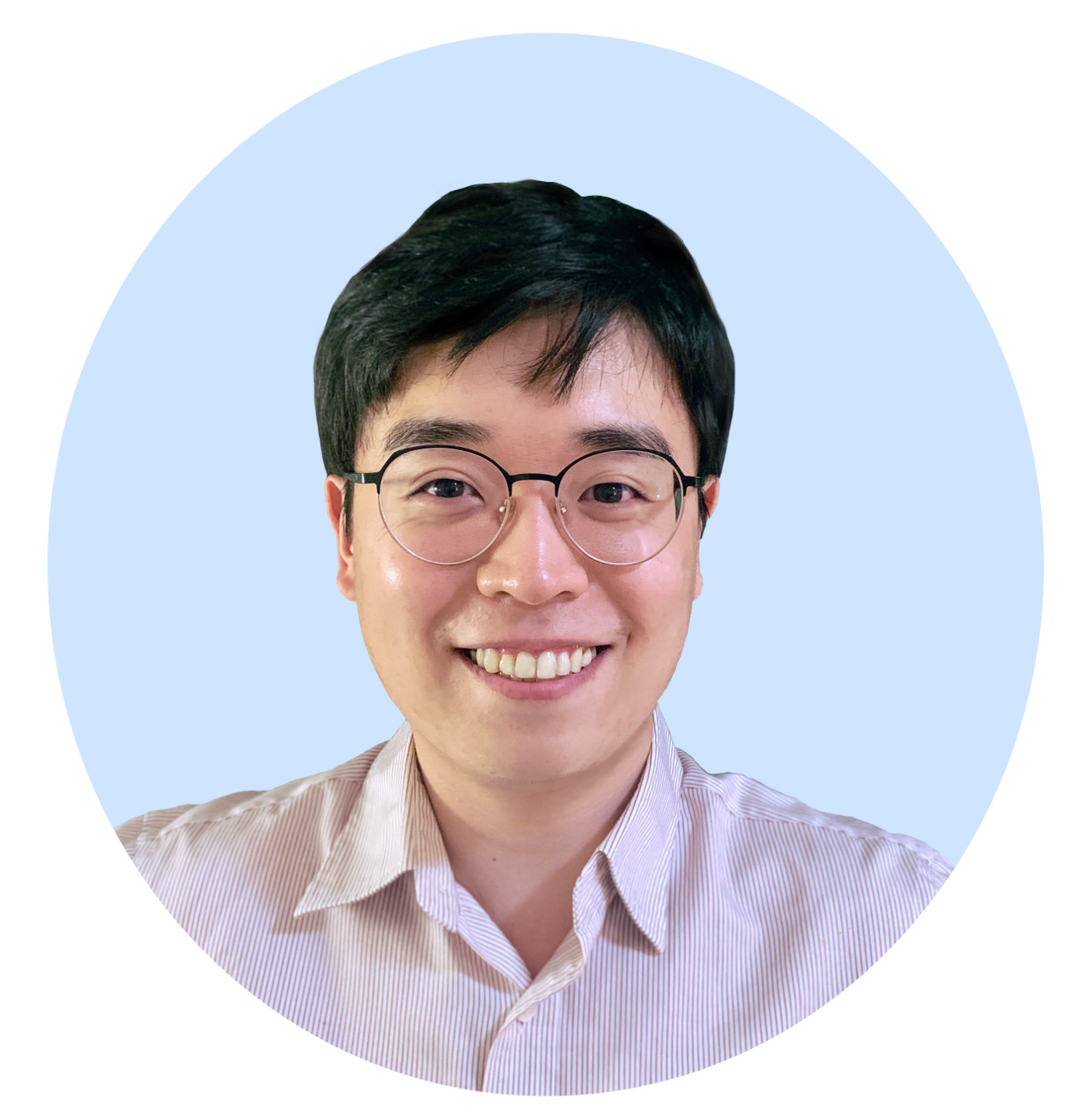
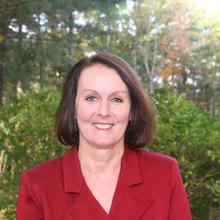

Adam Rettig
Postdoc
Adam finished his Ph.D. at the University of California, Berkeley, under the guidance of Prof. Martin Head-Gordon. In his Ph.D., he has made numerous contributions to quantum chemistry, including the fast algorithms for exact exchange under periodic boundary conditions. He is the lead developer of Q-Chem's periodic boundary condition codebase (qcpbc) and will oversee the future development of qcpbc in the Lee group. He will also work on the development of quantum computing algorithms relevant to biological applications.
arettig@fas.harvard.edu
Google scholar

PJ Robinson
Postdoc
PJ finished his Ph.D. at Columbia University, working with Prof. David Reichman. In his Ph.D., he developed and applied self-consistent cumulant Green's function approaches to model electron-phonon problems. He also formulated a wavefunction method for describing polarons in an ab initio set-up. He is joining the Lee group to develop and apply periodic quantum chemistry methods to electrocatalysis problems. PJ is a receipient of the 2024 Arnold O. Beckman Postdoctoral Fellowship in Chemical Sciences.
pjrobinson@fas.harvard.edu
Google scholar
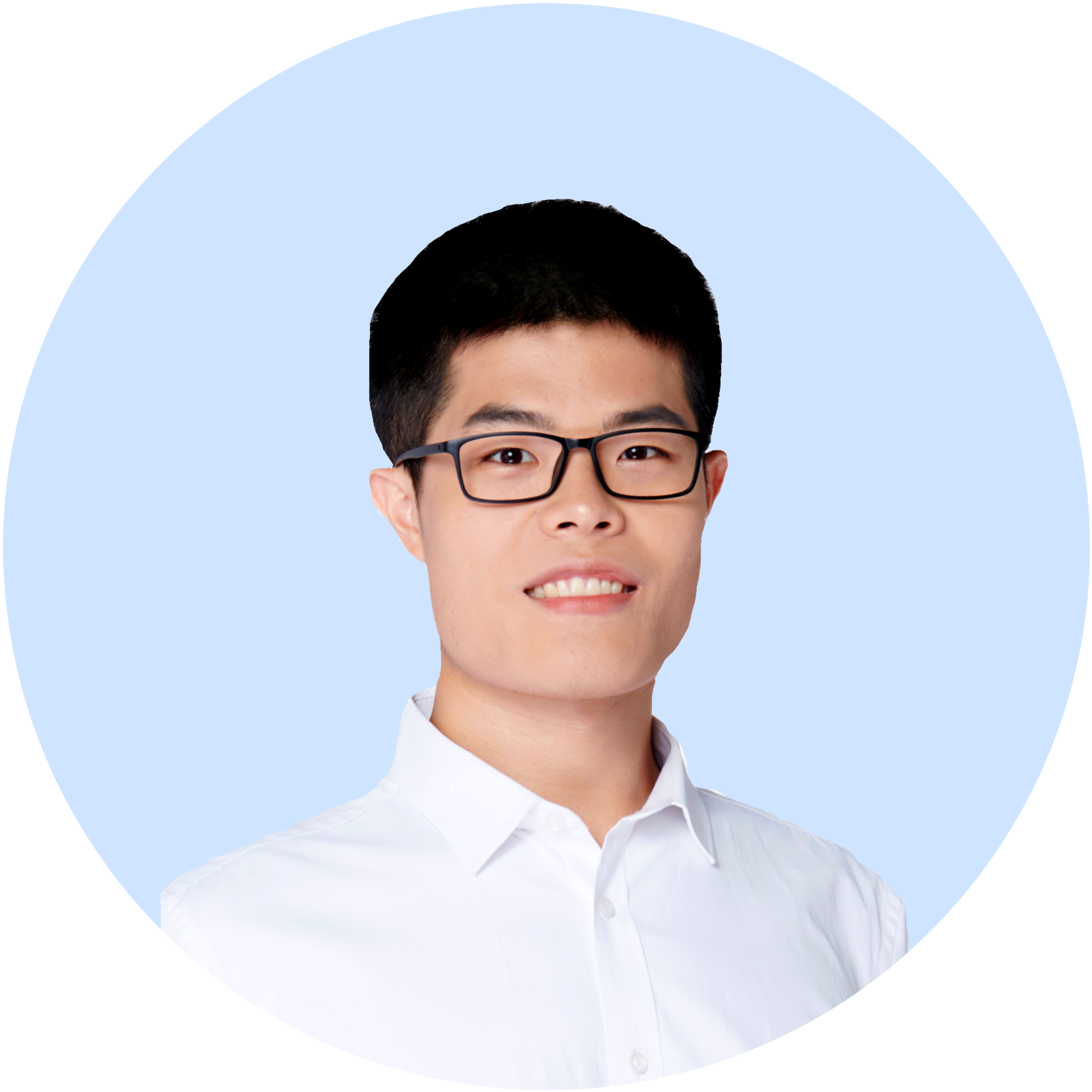
Tong Jiang
Postdoc
Tong finished his Ph.D. at Tsinghua University, working with Prof. Zhigang Shuai. In his Ph.D., he developed and applied density matrix renormalization group approaches to model exciton-phonon problems. He joined the group to broaden his numerical expertise to electron correlation methods, while also working on first-principles quantum dynamics in solids and exploring emerging frontiers at the intersection of quantum computing and machine learning. He is currently supported by the Gordon and Betty Moore Foundation postdoctoral fellowship.
tongjiang@g.harvard.edu
Personal Webpage
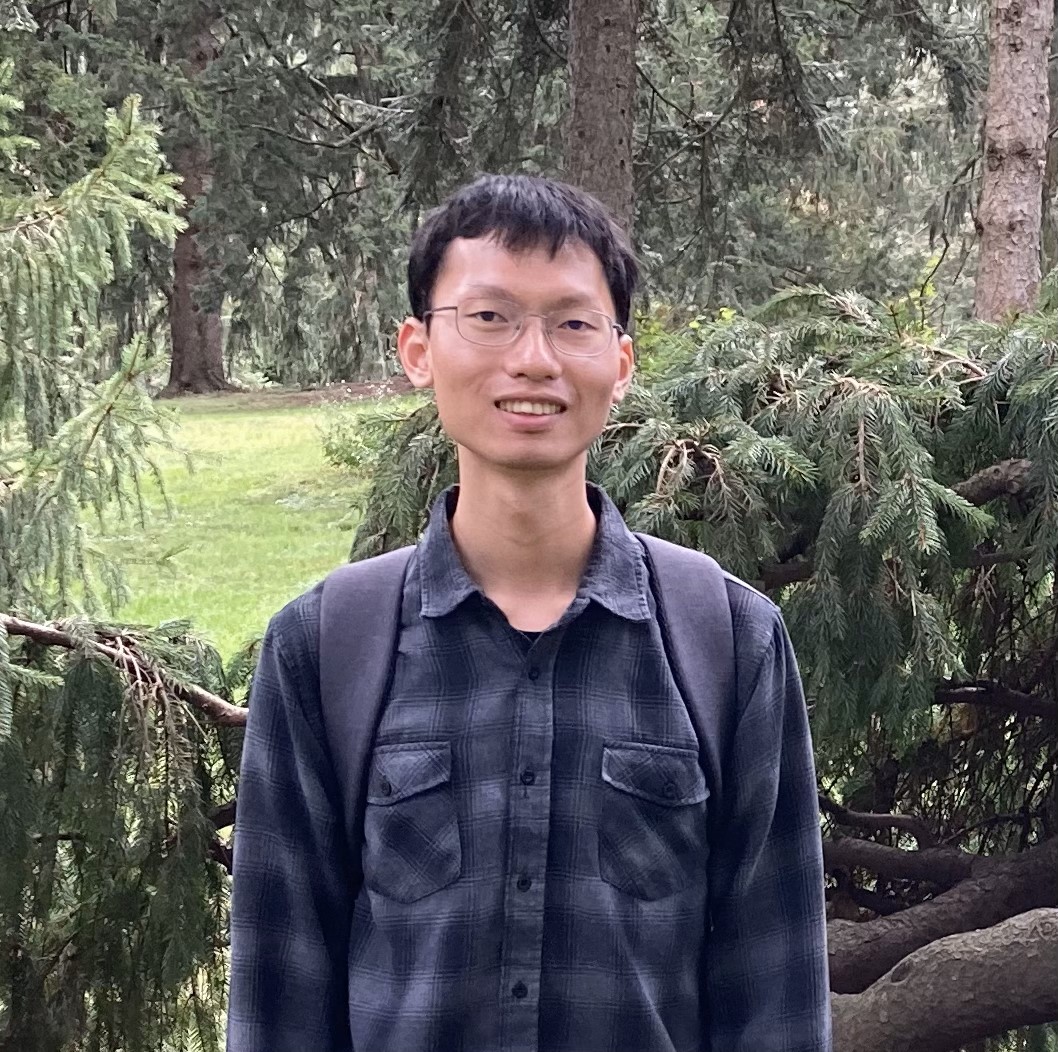
Liwen Ko
Postdoc
Liwen obtained his PhD degree in Chemistry at the University of California, Berkeley, working with Prof. Birgitta Whaley. His PhD work focused on the theory of quantum light spectroscopy and its application to studying photosynthetic energy transfer. In the Lee group, he is interested in developing first-principle methods to understand chemical dynamics on surfaces, with applications to electrocatalysis.
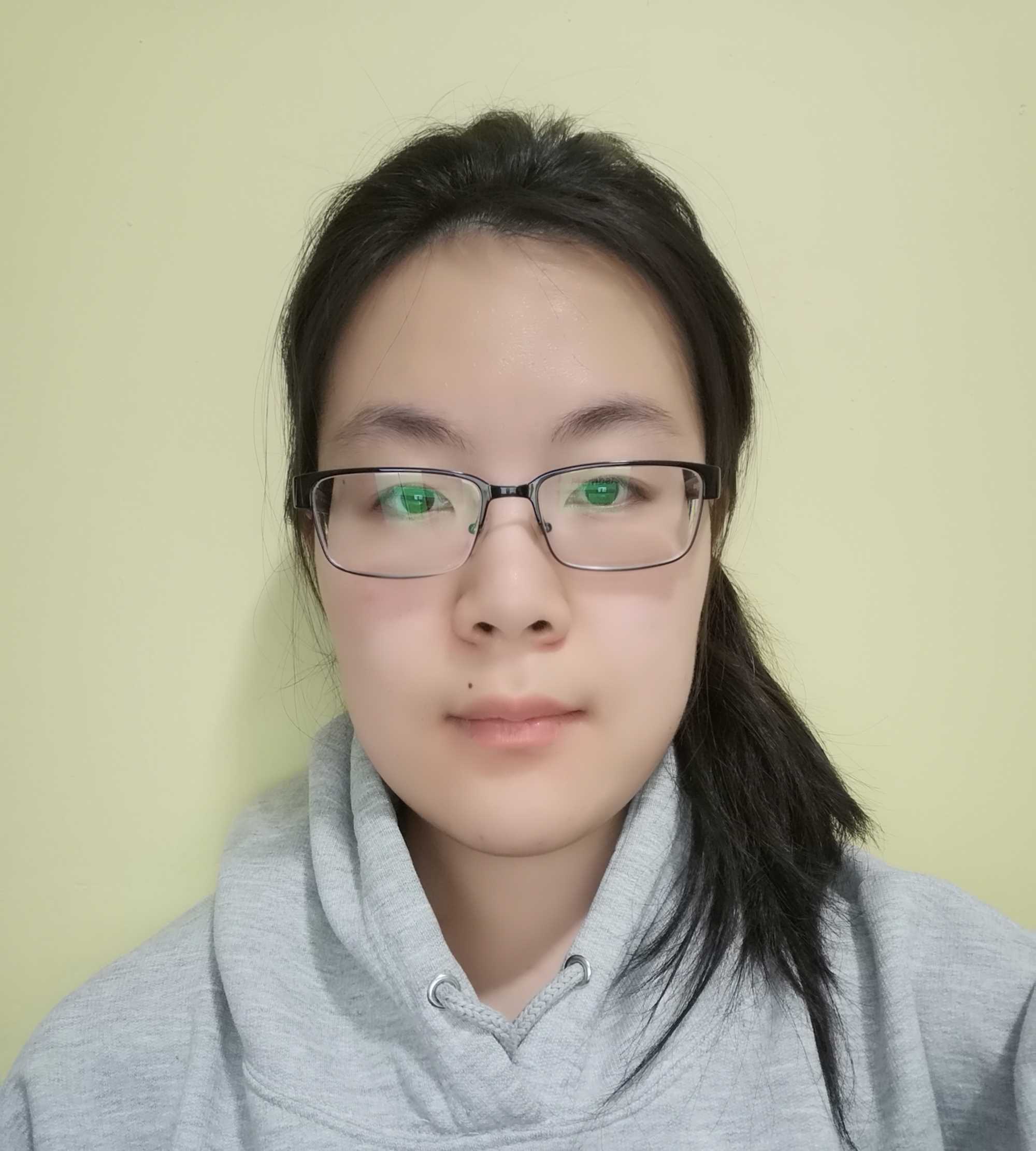
Ruojing Peng
Postdoc
Ruojing obtained her Ph.D. with Prof. Garnet Chan at California Institute of Technology, where she worked on developing tensor network algorithms for quantum many-body simulation. Her interest in the Lee group includes method development of open quantum dynamics and study of quantum thermodynamics.

Sajant Anand
Postdoc
(Joint with Norman Yao)
Sajant completed his PhD in physics at UC Berkeley with Mike Zaletel, working on all things quantum many-body through the lens of tensor networks. In the Lee group, he is interested in developing and using quantum Monte Carlo algorithms to study correlated electron phases.
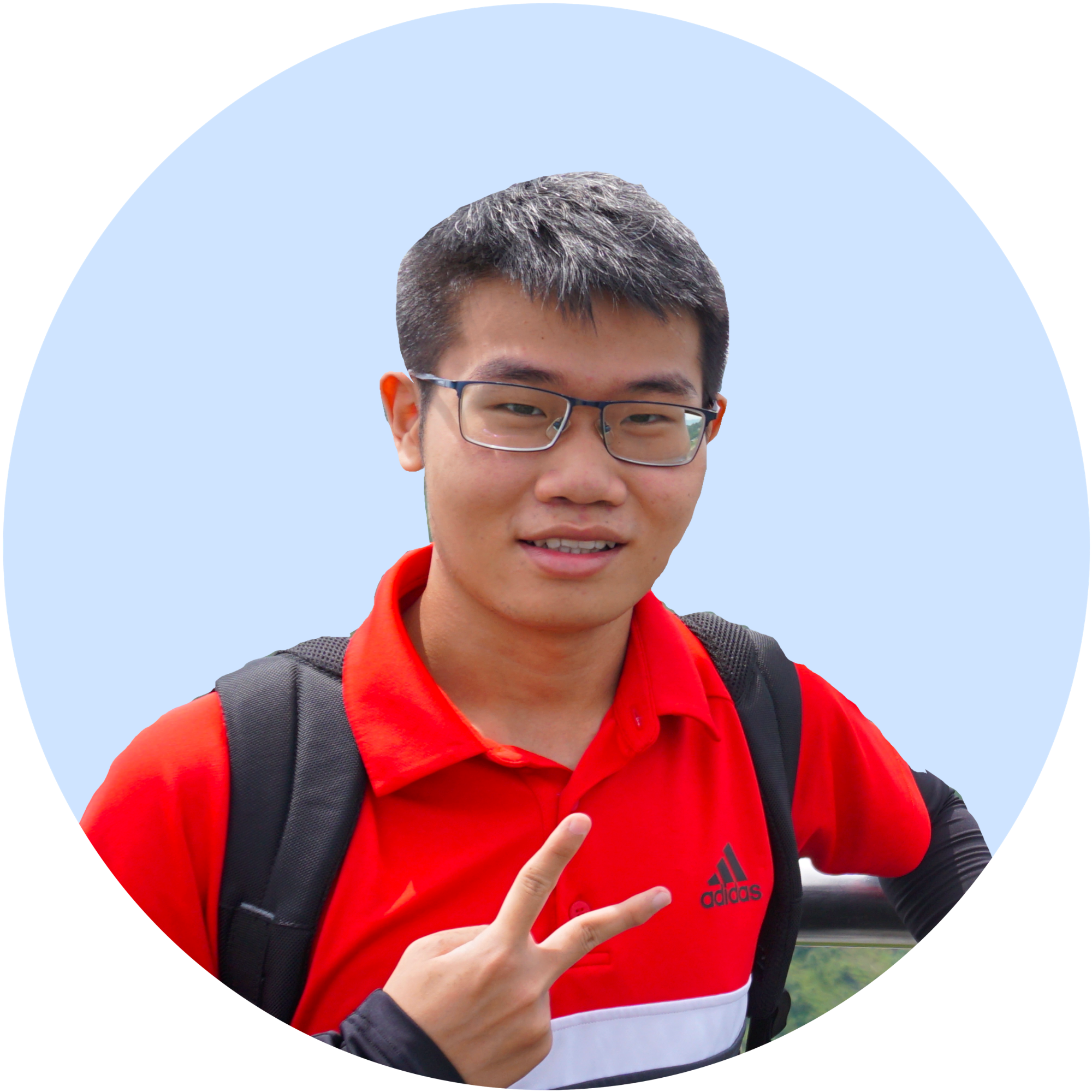
Hieu Dinh
Graduate Student (CCB, G4)
Hieu received his B.S. from the Massachusetts Institute of Technology in 2022, where he worked with Prof. Yogesh Surendranath. Hieu joined the Lee group in December of 2022 and is currently working on a project on efficient evaluation of periodic exact exchange for condensed phase systems.
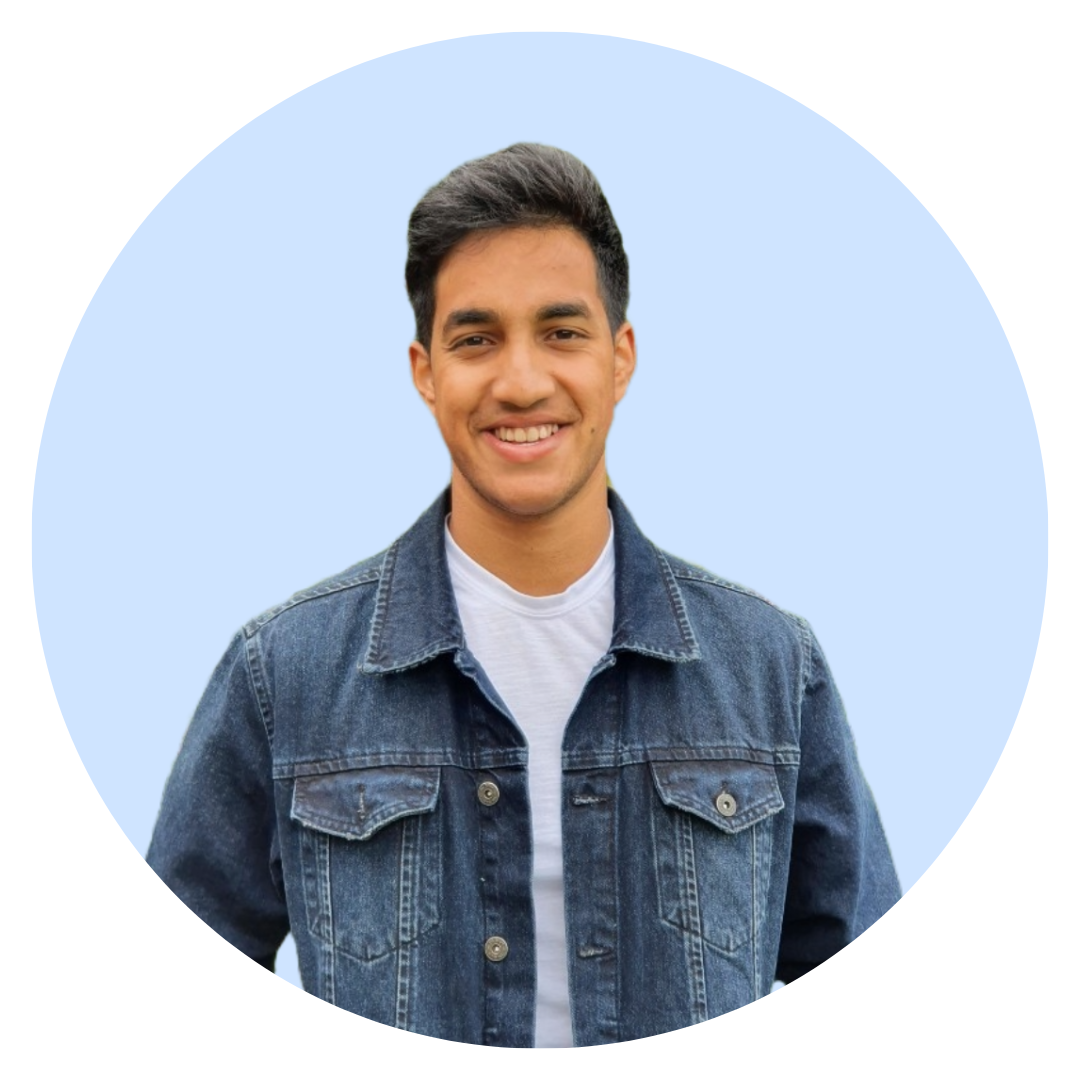
Aadithya Ganeshram
Graduate Student (CCB, G3)
Aadithya completed his undergraduate degree in chemistry at the University of Oxford, where he worked with Prof. Artur Izmaylov (University of Toronto) on measurement in quantum computing. Following this, Aadithya completed a master’s project on spin-coupling effects in strongly correlated systems with Prof. David Tew. In the Lee group, Aadithya works on embedding approaches for condensed phase systems.

Anton Ni
Graduate Student (CCB, G3)
Anton received his B.S. in Chemistry and Math from MIT in 2023, where he did research under Prof. Stephen Buchwald. In the Lee group, Anton is working on methods to model systems in heterogeneous electrocatalysis.
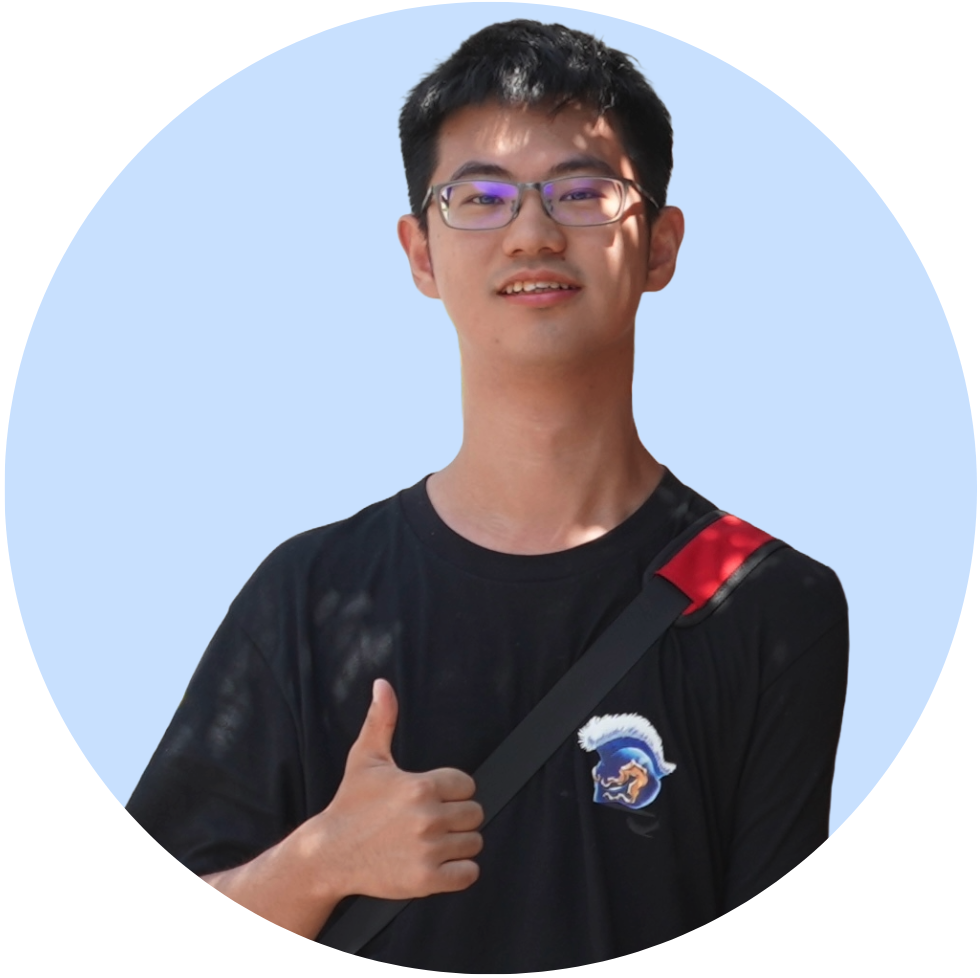
Jinghong Zhang
Graduate Student (CCB, G3)
Jinghong finished his undergraduate at Peking University under the supervision of Prof. Hong Jiang, where he worked on the application of Dynamical Mean Field Theory (DMFT). In the Lee group he is currently working on some variations of the Auxiliary Field Quantum Monte Carlo (AFQMC) method.
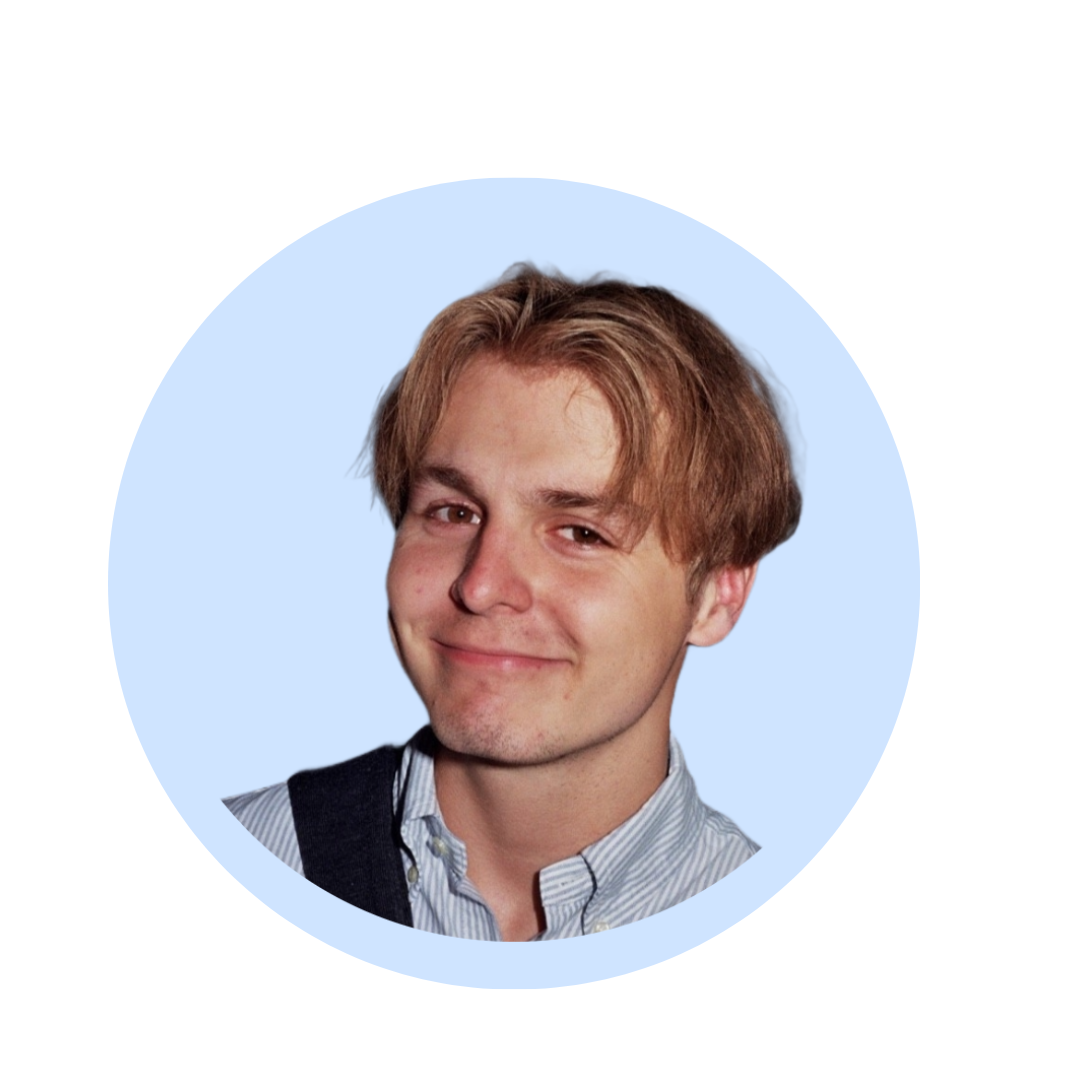
Moritz Baumgarten
Graduate Student (CCB, G3)
Moritz graduated from ETH Zürich with an MSc in interdisciplinary Sciences. Throughout his studies he worked with Prof. Alex Thom (University of Cambridge) on developing a NOCI-QMC method and with Prof. Laura Gagliardi (University of Chicago) on ab initio NAMD methods utilizing pair-density functional theory. In the Lee group, Moritz focuses on the advancement of QMC methods for efficient capture of electron-phonon effects.
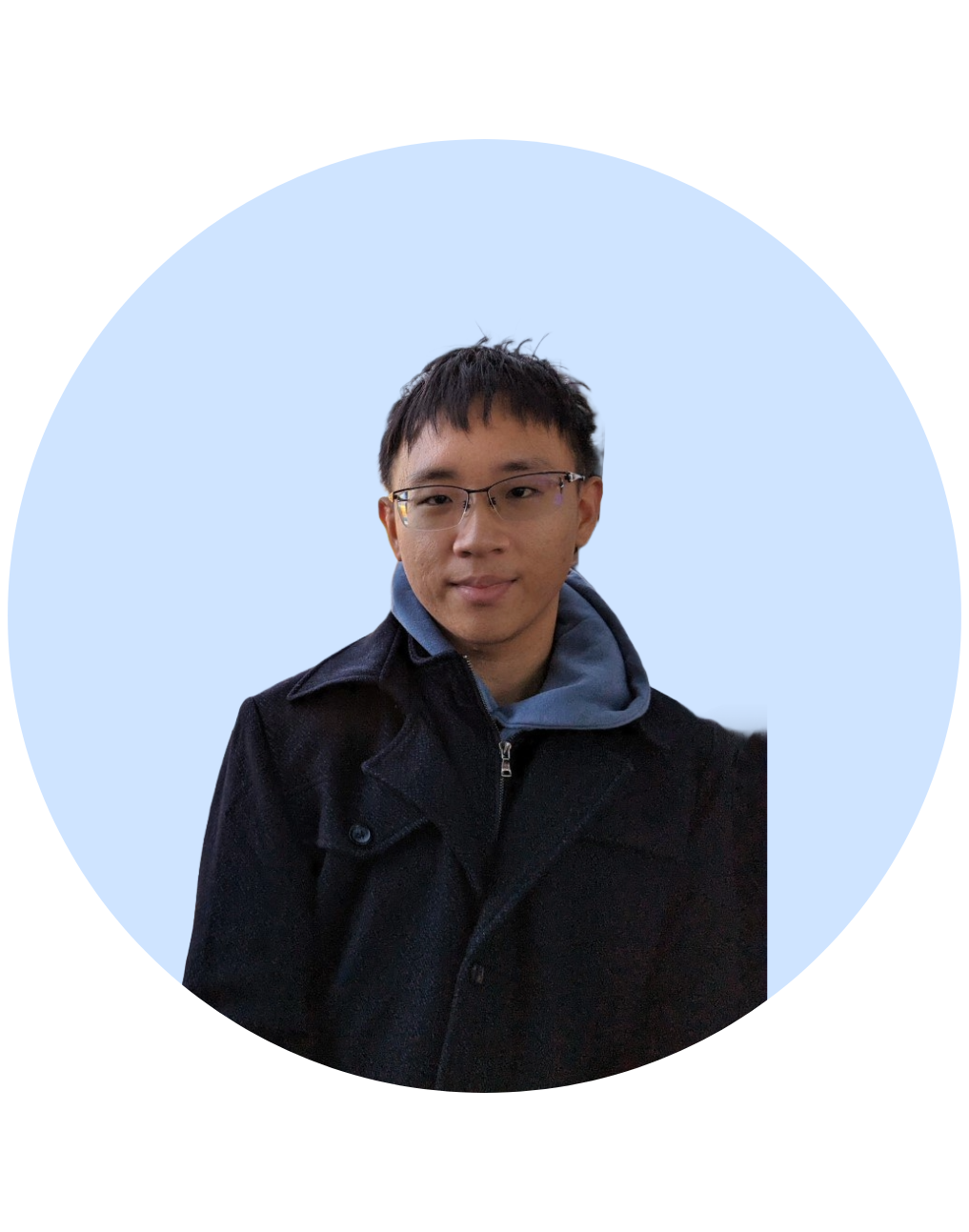
Nemo Chen
Graduate Student (CCB, G3)
Nemo (Meng-Fu) completed his undergraduate degree in 2023 at National University of Singapore (NUS), where he worked with Prof. Richard Wong and Prof. Shaffique Adam. In the Lee group, Nemo is working on implementing wavefunction-based correlation methods for periodic systems.
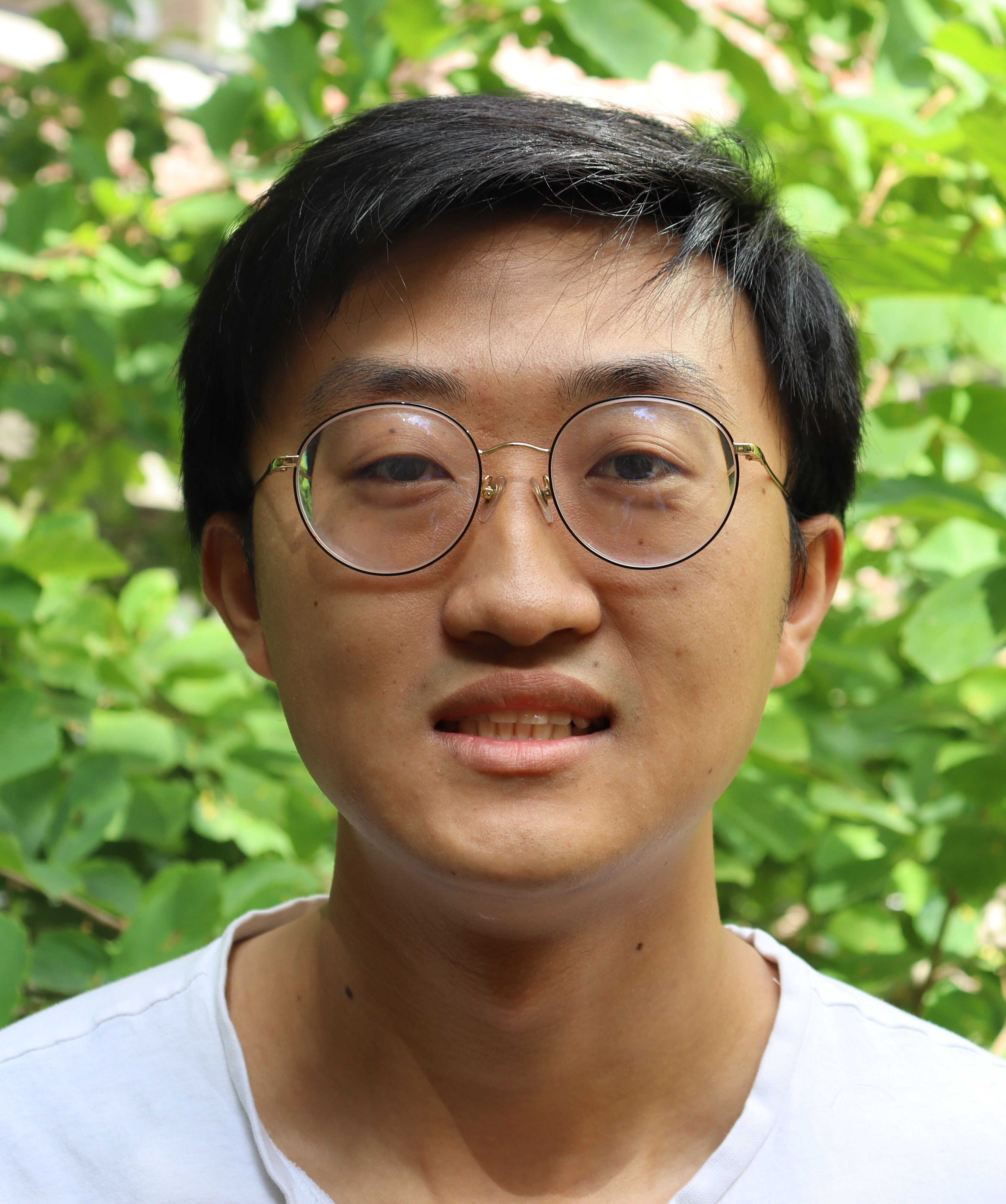
Hamlin Wu
Graduate Student (CCB, G2)
Hamlin attended UC Berkeley. He is now studying electron-phonon interactions.
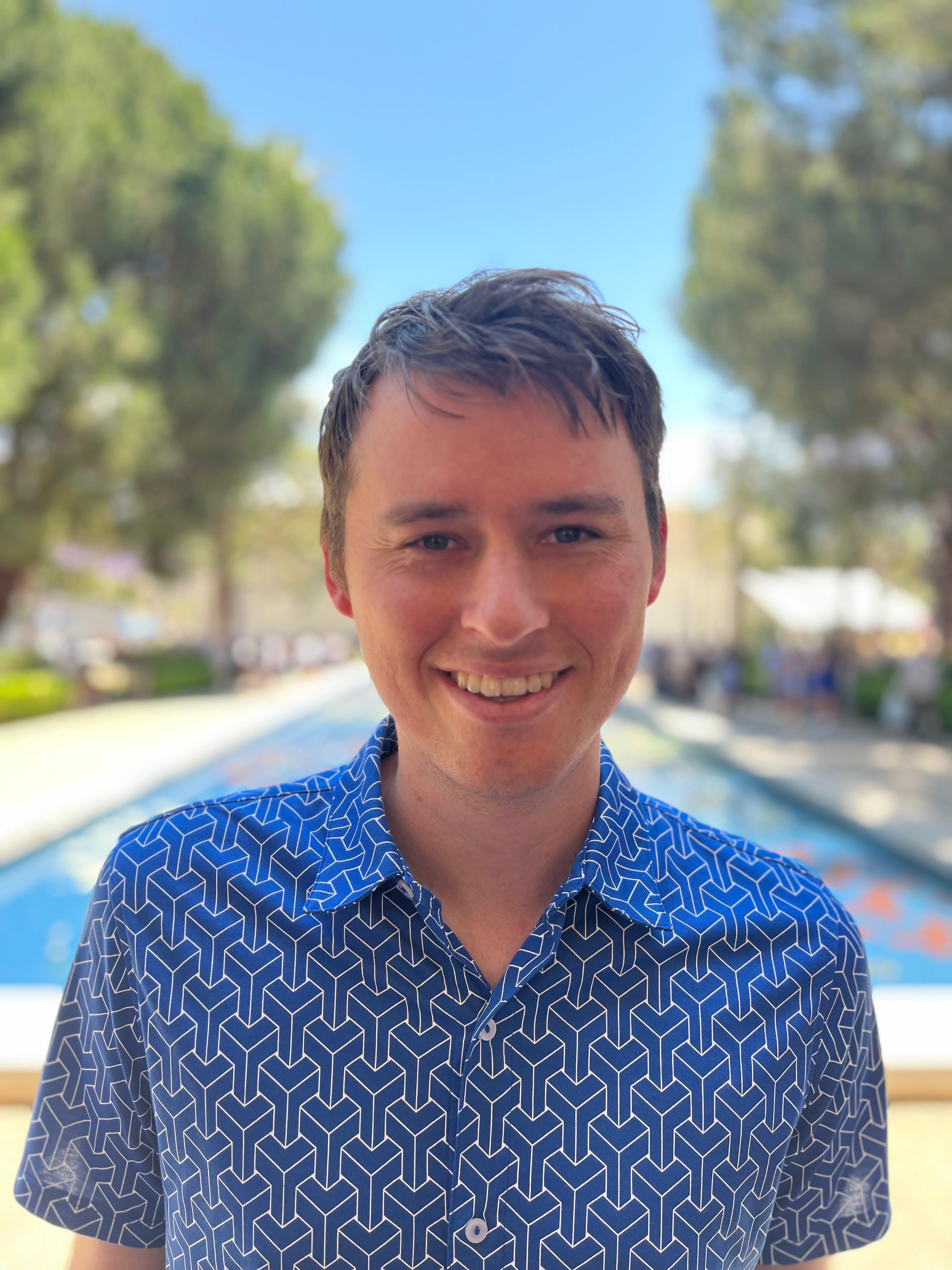
Patryk Kozlowski
Graduate Student (CCB, G2)
Patryk received a B.S. in Chemistry in 2024 from Caltech where he worked with Prof. Garnet Chan on methods within many-body perturbation theory, including the GW approximation. Now, he works on applying Green’s functions to theoretical solid-state spectroscopies. Patryk is a 2025 PD Soros Fellow. He is co-advised by gpt-01.
patryk_kozlowski@g.harvard.edu

Yongyan Han
Graduate Student (CCB, G1)
Yongyan obtained his undergraduate degree in Physics from Peking University in 2025. In the Lee group, he is working on tree tensor network algorithms for dynamics. He enjoys cooking.

Tom Hillman
Rotation Student (Physics, G3)
Tom studied mathematics at the University of Cambridge, graduating with a BA and MMath in 2023. He is interested in developing implementations of quantum Monte Carlo methods, with applications including neural quantum states.
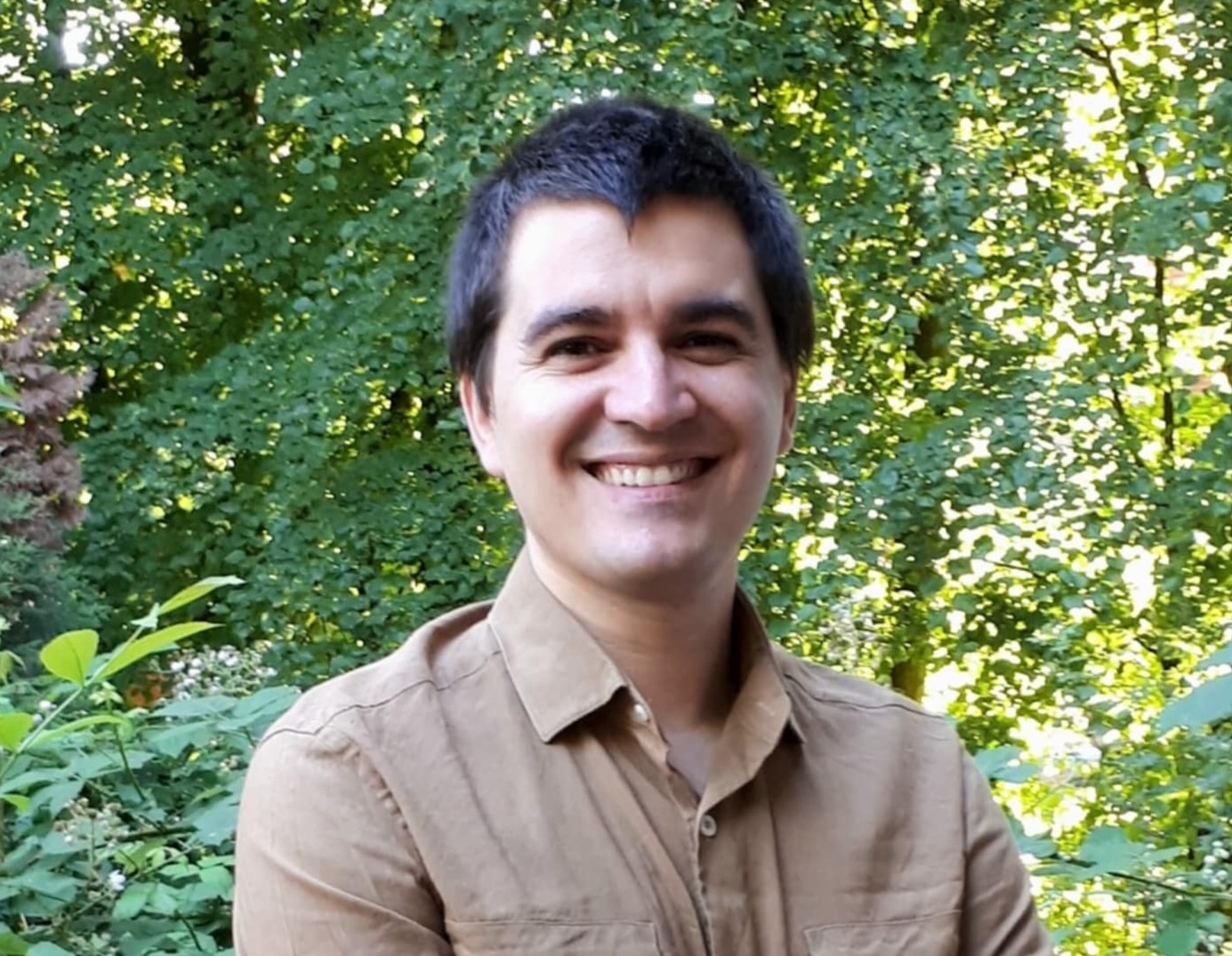
Vasil Rokaj
Visiting Scientist
Vasilis Rokaj is an assistant professor at Villanova University. Before joining Villanova, he was an ITAMP fellow at Harvard University, and obtained his Ph.D. (summa cum laude) from the University of Hamburg. His research focuses on the control of quantum materials with cavity vacuum fields. He collaborates with the Lee group on the control of electron-phonon interactions, and their phases, via strong coupling in quantum cavities.
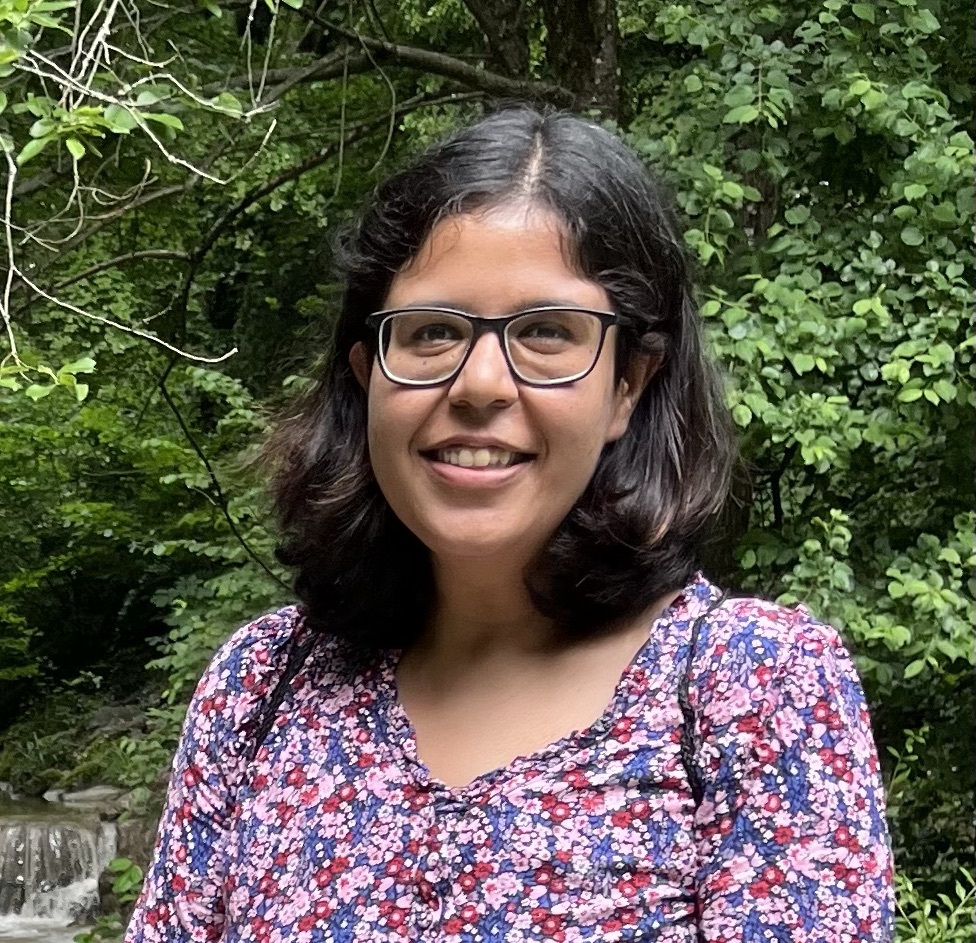
Jigyasa Nigam
Visiting Postdoc
Jigyasa obtained her PhD in Physics from École Polytechnique Fédérale de Lausanne (EPFL), Switzerland, in 2024, where she was advised by Prof. Michele Ceriotti. Her research focuses on developing physics-inspired machine learning methods for atomistic simulations. She was awarded the MIT Postdoctoral fellowship for Excellence in Engineering and since early 2025, she has been collaborating with the Lee group to apply ML to quantum chemistry methods for both molecular and condensed phase systems.

Pablo Rodenas Ruiz
Visiting Master's student
Pablo is a Master's student in Quantum Science and Engineering at École Polytechnique Fédérale de Lausanne (EPFL), and graduated from the University of Valencia with a BSc in Physics. At EPFL, he worked with Prof. Giuseppe Carleo, exploring synergies between tensor network methods and quantum computing for quantum simulations. As a visiting student in the Lee group, he is conducting his Master's thesis research on quantum algorithms for quantum chemistry.
pablorodenasruiz@fas.harvard.edu
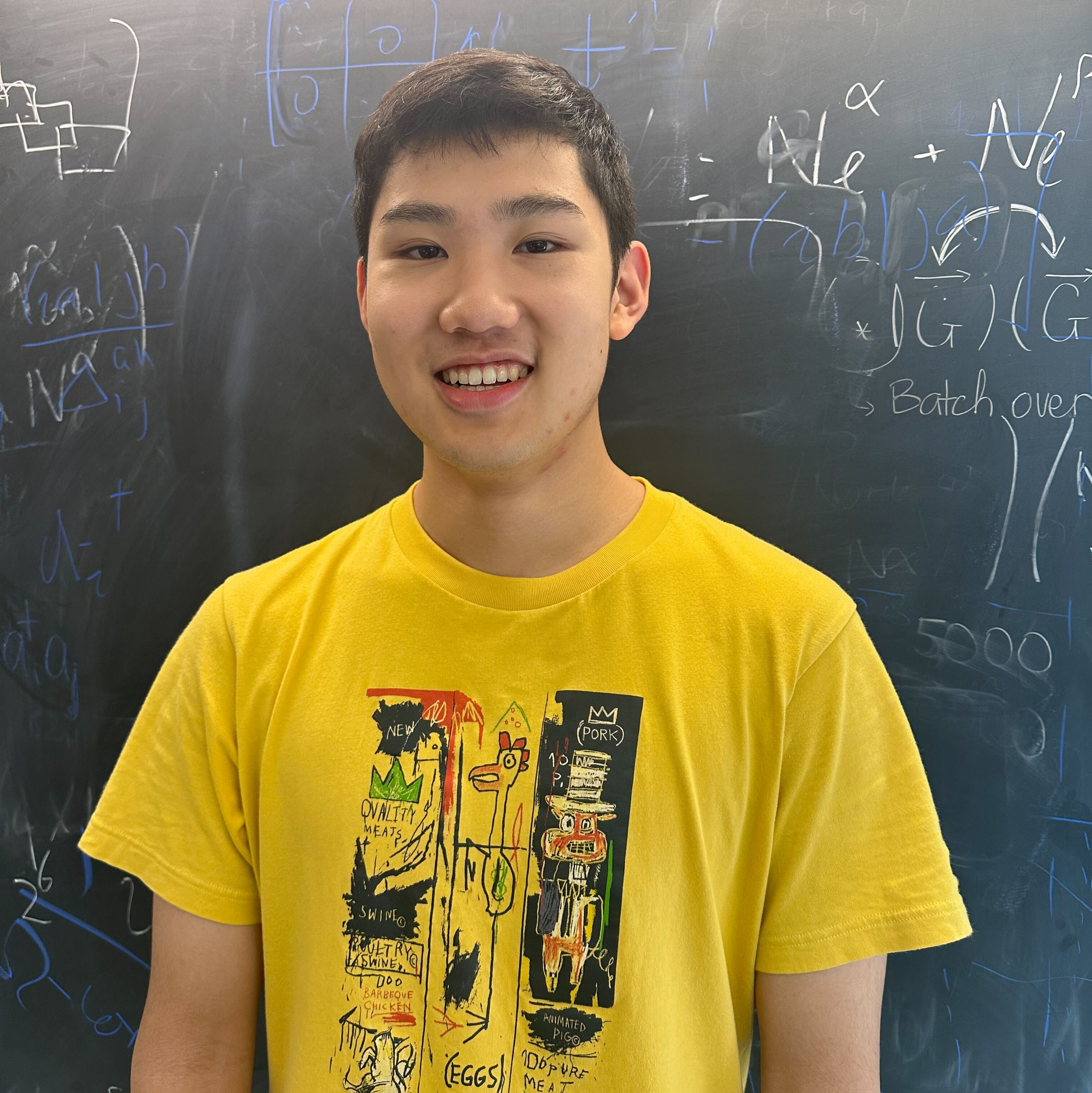
Ray Zhou
Undergraduate Student
Ray Zhou is a junior concentrating in Chemistry and Physics. In the Lee lab, he is working on implementing extended tight binding method for condensed matter systems. Outside of academics, he enjoys the colour aquamarine.

Max Neal
Undergraduate Student
Max Neal is a junior concentrating in Chemistry and Applied Math. In the Lee lab, he is working on developing correlated wavefunction methods and implementing on GPU architecture. Outside of lab, he participates in quizbowl.
